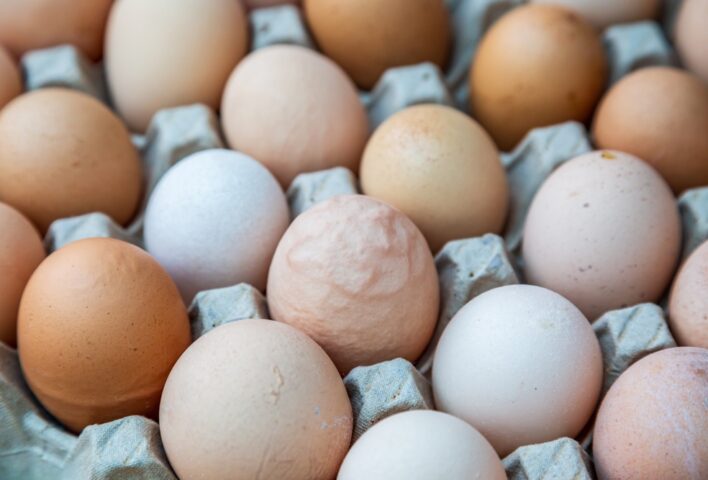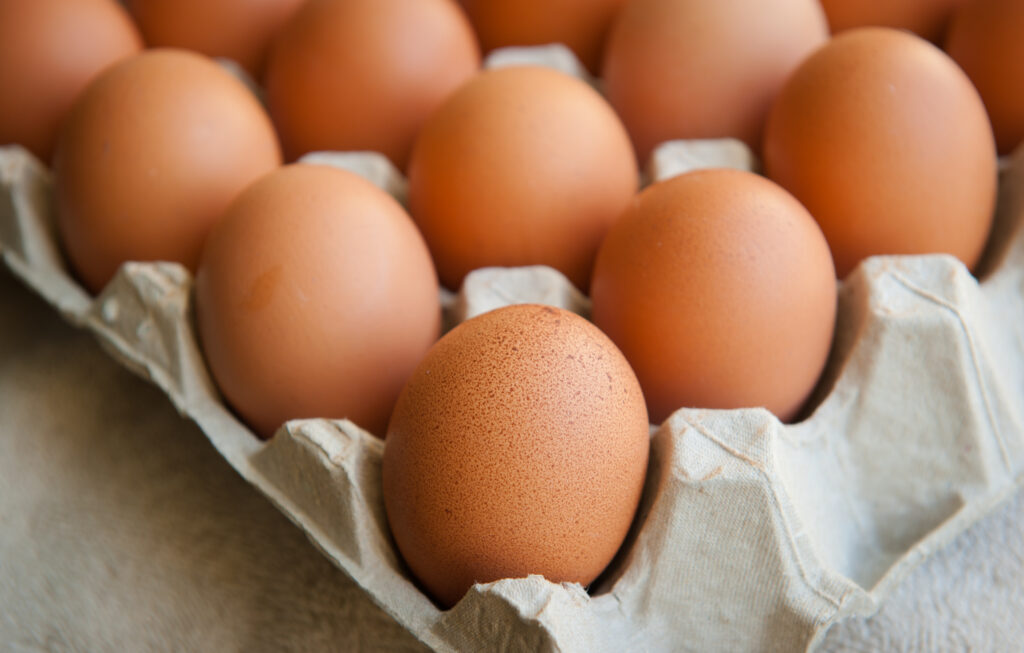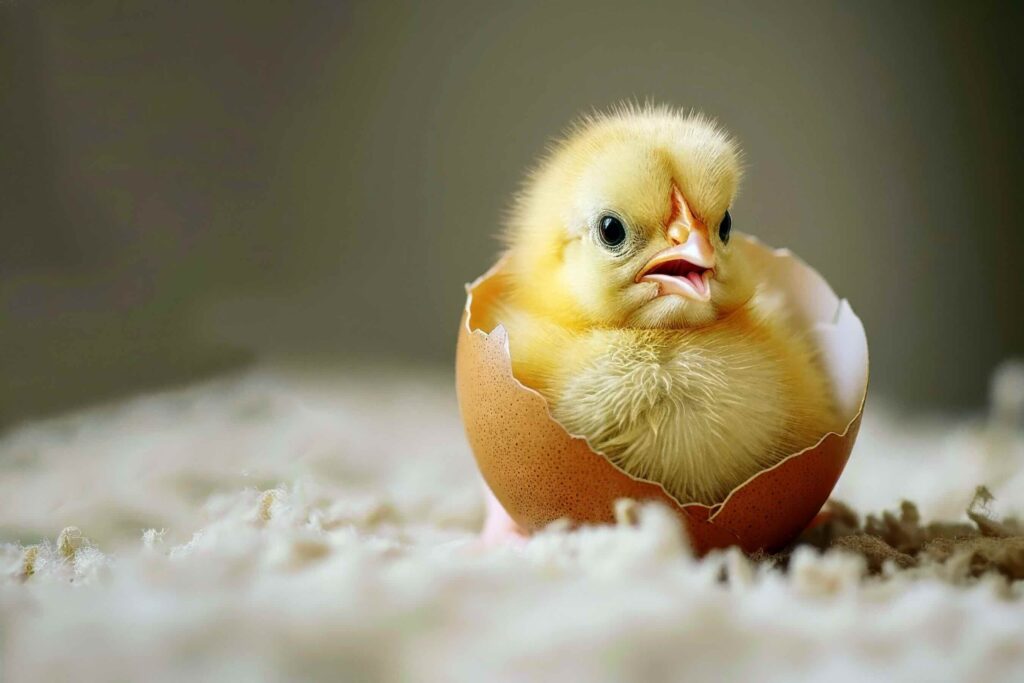A Future of More Ethical Eggs: Prelude to Our Biggest Campaign Yet

As we embark on one of our most ambitious campaigns to date, we take a deep dive into the history, nutritional benefits, and ethical considerations surrounding the humble egg. Drawing from two in-depth articles published in our members’ magazine, The Pod, we explore how egg production has evolved and how a more ethical system could emerge.
The History of Eggs as a Food Source
Eggs have been part of human diets for millennia, with their use documented as far back as 35,000 years ago in Cro-Magnon cave drawings. By 10,000 BCE, early human settlements relied on foraged eggs, and domestication began around 7,500 BCE with the Red Jungle Fowl in South and Southeast Asia. The Egyptians, Etruscans, and Romans all incorporated eggs into their diets, with the Roman philosopher Horace famously using the phrase “ab ovo usque ad malum” (from the egg to the apples) to describe the structure of a meal.
By the Middle Ages, eggs remained a staple, gaining prominence during the Renaissance and becoming a key ingredient in French cuisine. The famed chef Georges Augustus Escoffier’s 1902 book, Le Guide Culinaire, listed over 300 egg dishes, reflecting their central role in culinary history.
Nutritional Benefits of Eggs
Professor Tim Spector’s book Food for Life highlights eggs as a nutritional powerhouse, containing:
- 13% protein (with over 100 different proteins)
- 11% fat
- Essential vitamins (A, D, B12, B6, calcium, and magnesium)
- Lutein for eye health
- All essential amino acids

Contrary to past health concerns, recent research debunks myths around eggs and cholesterol. While eggs contain cholesterol, their impact on blood cholesterol levels is minimal compared to saturated fats. Additionally, UK production standards have improved significantly, making concerns about salmonella far less relevant today.
The Ethics of Egg Production
Despite their nutritional value, the ethics of egg production remain a contentious issue. Free-range eggs, often perceived as the gold standard, still permit up to nine hens per square meter indoors, with limited outdoor space. Even worse, around 35% of UK laying hens remain in ‘enriched cages,’ providing only marginally better conditions than the now-banned battery cages.
Another ethical dilemma lies in the fate of male chicks, which are typically culled immediately after hatching due to their lack of commercial value. Additionally, most laying hens are slaughtered at 18 months to two years, despite their natural lifespan being five to ten years.

The Future of Ethical Eggs
A truly ethical egg industry would need to address these core issues, including the elimination of male chick culling and extending the lifespan of laying hens. Innovations like Israel’s blue-light technology, which prevents male chick embryos from developing, offer promising solutions. Meanwhile, small-scale farms like The Paddock in North East England have already implemented no-slaughter egg production, allowing hens to live out their natural lives.
Furthermore, reducing our overall egg consumption and substituting liquid eggs in processed foods with plant-based alternatives could lessen the need for intensive farming. Supporting small-scale, sustainable farms and advocating for higher welfare standards will be crucial to fostering a more ethical egg industry.
Join Us in Shaping the Future
As an organisation that has championed ethical food practices since 1847, we are committed to exploring whether eggs and dairy can be produced without slaughter, in line with our mission of promoting kindness and sustainability.
We invite our members to contribute to this crucial conversation—whether by supporting ethical farms, advocating for better policies, or sharing insights into emerging ethical farming practices. Together, we can turn today’s ‘flight of fancy’ into tomorrow’s reality.
Stay tuned as we unveil our biggest campaign yet, dedicated to reshaping the future of ethical egg production!

This is an article amalgamated from several features, one in a last Spring’s issue of our members’ magazine The Pod.
To enjoy articles like this, please sign up to become a member of the Vegetarian Society and get your copy of our next magazine and other benefits! Joining us costs as little as £3 a month.
